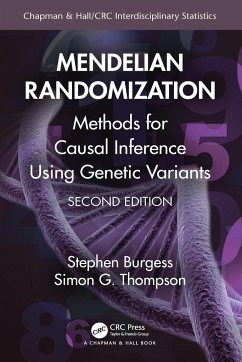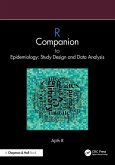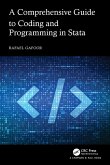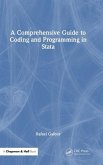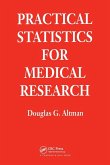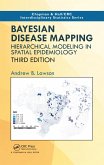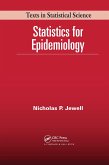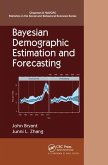Mendelian Randomization: Methods For Causal Inference Using Genetic Variants provides thorough coverage of the methods and practical elements of Mendelian randomization analysis. It brings together diverse aspects of Mendelian randomization from the fields of epidemiology, statistics, genetics, and bioinformatics.
Through multiple examples, the first part of the book introduces the reader to the concept of Mendelian randomization, showing how to perform simple Mendelian randomization investigations and interpret the results. The second part of the book addresses specific methodological issues relevant to the practice of Mendelian randomization, including robust methods, weak instruments, multivariable methods, and power calculations. The authors present the theoretical aspects of these issues in an easy-to-understand way by using non-technical language. The last part of the book examines the potential for Mendelian randomization in the future, exploring both methodological and applied developments.
Features
Offers first-hand, in-depth guidance on Mendelian randomization from leaders in the fieldMakes the diverse aspects of Mendelian randomization understandable to newcomersIllustrates technical details using data from applied analysesDiscusses possible future directions for research involving Mendelian randomizationSoftware code is provided in the relevant chapters and is also available at the supplementary website
This book gives epidemiologists, statisticians, geneticists, and bioinformaticians the foundation to understand how to use genetic variants as instrumental variables in observational data.
New in Second Edition: The second edition of the book has been substantially re-written to reduce the amount of technical content, and emphasize practical consequences of theoretical issues. Extensive material on the use of two-sample Mendelian randomization and publicly-available summarized data has been added. The book now includes several real-world examples that show how Mendelian randomization can be used to address questions of disease aetiology, target validation, and drug development
Through multiple examples, the first part of the book introduces the reader to the concept of Mendelian randomization, showing how to perform simple Mendelian randomization investigations and interpret the results. The second part of the book addresses specific methodological issues relevant to the practice of Mendelian randomization, including robust methods, weak instruments, multivariable methods, and power calculations. The authors present the theoretical aspects of these issues in an easy-to-understand way by using non-technical language. The last part of the book examines the potential for Mendelian randomization in the future, exploring both methodological and applied developments.
Features
Offers first-hand, in-depth guidance on Mendelian randomization from leaders in the fieldMakes the diverse aspects of Mendelian randomization understandable to newcomersIllustrates technical details using data from applied analysesDiscusses possible future directions for research involving Mendelian randomizationSoftware code is provided in the relevant chapters and is also available at the supplementary website
This book gives epidemiologists, statisticians, geneticists, and bioinformaticians the foundation to understand how to use genetic variants as instrumental variables in observational data.
New in Second Edition: The second edition of the book has been substantially re-written to reduce the amount of technical content, and emphasize practical consequences of theoretical issues. Extensive material on the use of two-sample Mendelian randomization and publicly-available summarized data has been added. The book now includes several real-world examples that show how Mendelian randomization can be used to address questions of disease aetiology, target validation, and drug development

